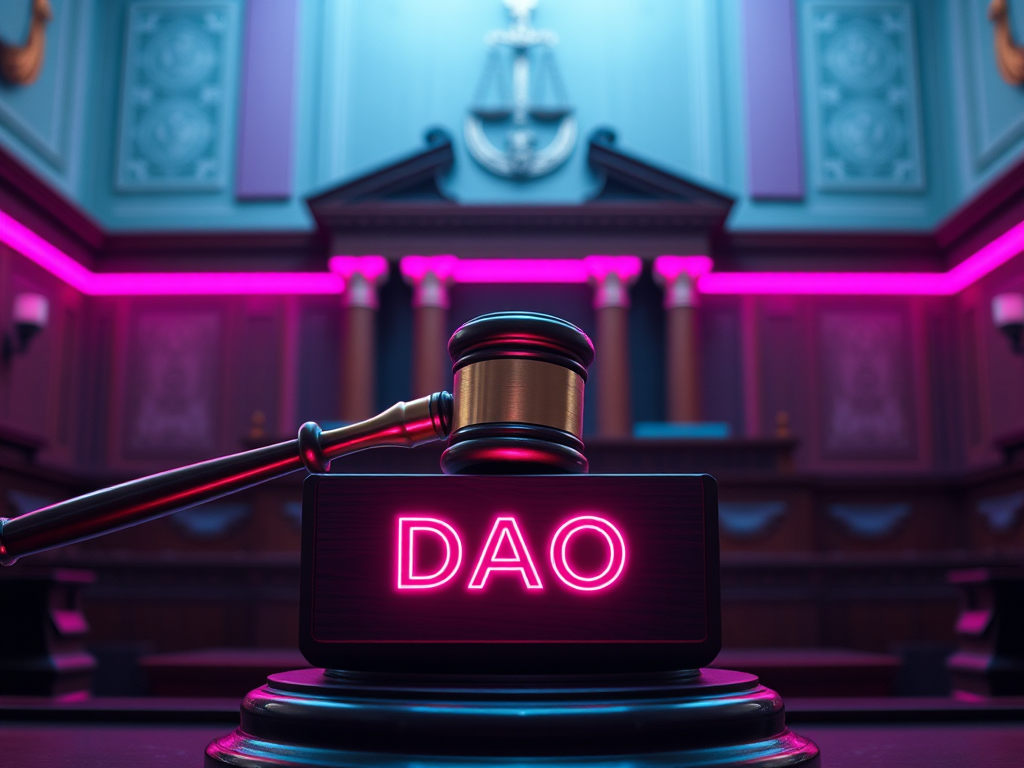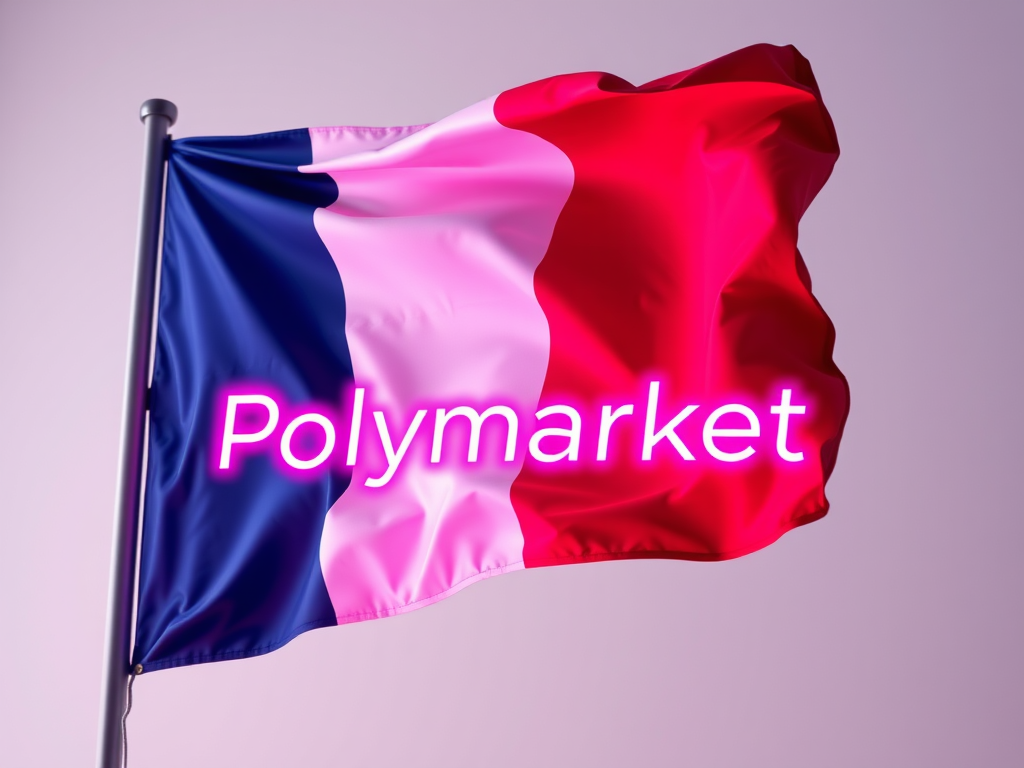Key Points
- A federal court ruled that Lido DAO, a decentralized autonomous organization, can be sued as a general partnership, potentially setting a precedent for how DAOs can be held legally accountable for securities violations.
- The court determined that purchasing tokens on secondary markets can be subject to Securities Act Section 12(a)(1) violations, marking a significant interpretation of securities law in the crypto space.
Major Investment Firms Face Liability as Partners
In a groundbreaking ruling issued by the U.S. District Court for the Northern District of California, Judge Vince Chhabria denied motions to dismiss from several prominent venture capital firms in a case involving cryptocurrency staking service Lido DAO. The court found that Paradigm Operations, Andreessen Horowitz, and Dragonfly Digital Management could be held liable as general partners of Lido DAO, while dismissing claims against Robot Ventures due to insufficient allegations of partnership involvement.
Secondary Market Sales Under Scrutiny
The court addressed a crucial question about the applicability of securities laws to secondary market transactions. Rejecting arguments that Section 12(a)(1) of the Securities Act only applies to initial public offerings, Judge Chhabria ruled that the law’s scope extends to secondary market sales of unregistered securities. This interpretation could have far-reaching implications for cryptocurrency trading on exchanges.
Implications for DAO Legal Structure
The ruling challenges the notion that DAOs can operate outside traditional legal frameworks. The court found that Lido DAO, despite its decentralized nature, functions as a general partnership under California law. The decision noted that Lido DAO has over 70 employees, maintains a treasury, and makes decisions through token holder votes, demonstrating characteristics of a traditional business entity rather than merely autonomous software.
The case, brought by investor Andrew Samuels who purchased Lido tokens (LDO) on the Gemini exchange, seeks to recover losses from his investment. The ruling allows the lawsuit to proceed against Lido DAO and three major venture capital firms, potentially setting a significant precedent for future cryptocurrency-related securities litigation. A case management conference is scheduled for December 6, 2024, to determine the next steps in this closely watched case.















